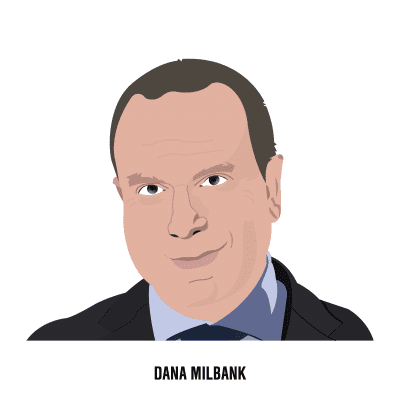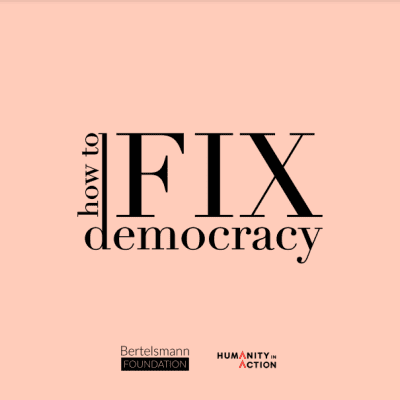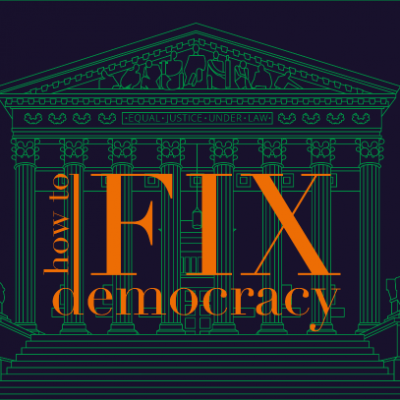Details
Article
Since its origins, democracy has been a work in progress. Today, many question its resilience. The Bertelsmann Foundation, Institute for Canadian Citizenship, and Humanity in Action have teamed up with Andrew Keen, author of How to Fix the Future, for Season Four of How to Fix Democracy: a video and podcast series exploring practical responses to the threats facing democracies around the world. Host Andrew Keen interviews prominent thinkers, writers, politicians, technologists, and business leaders who enlighten and challenge us as we seek the answers to How to Fix Democracy.
The 2020 Presidential Election clarified the need for a unified, authoritative understanding of elections and election systems in the United States. In recent weeks, Democratic legislators have been working to pass the Electoral Count Reform Act to update outdated systems and clarify the role of the Vice President in electoral proceedings. Simultaneously, the Republican-backed Moore v. Harper case will be heard before the Supreme Court to determine how much power states can have over voting access and election results. Will it ever be possible to have a bipartisan, unified approach to voting rights in the United States?
Michael Thorning is the Director of Governance at the Bipartisan Policy Center, a think tank in Washington, DC, that seeks to foster bipartisanship in American politics. In this episode of How to Fix Democracy, he joins host Andrew Keen to discuss the implications for the current and upcoming voting rights legislation, as well as the need for bipartisanship in order to defend democracy in the United States. (watch | listen)
This series is made possible with the kind support of the William H. Donner Foundation. Find more episodes here.





